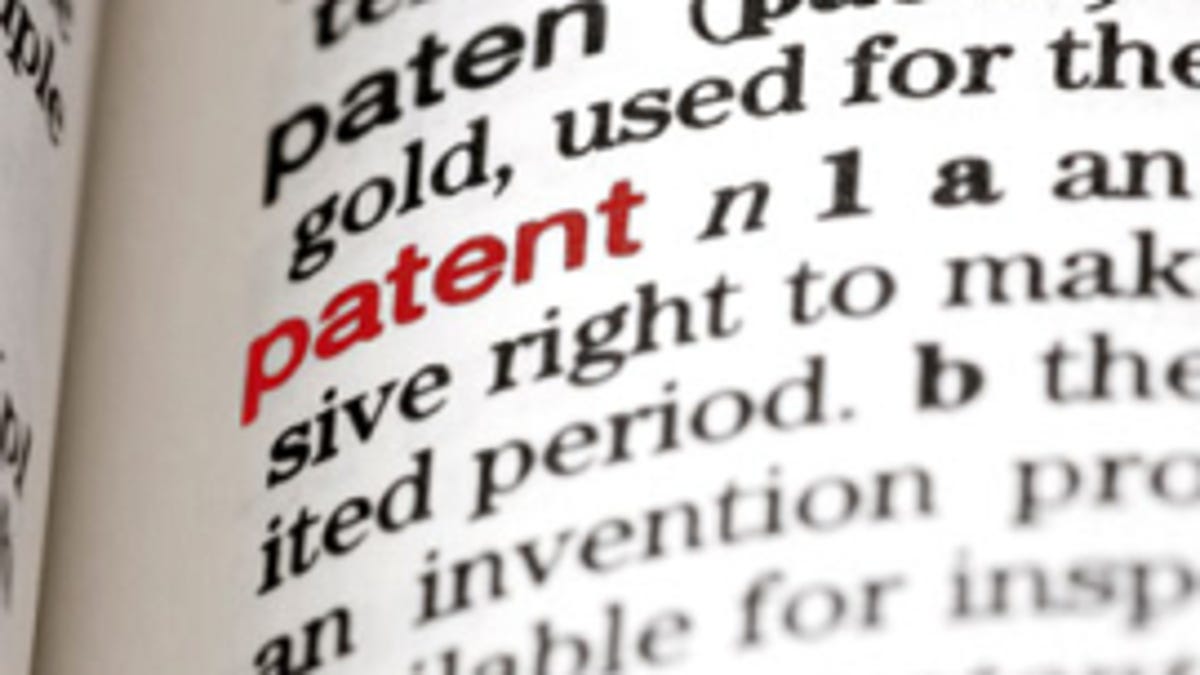Dutch court: Samsung can't ban iPhone, iPad from store shelves
Court says the company must try to license patents to Apple, and on another count, cannot get twice the licensing fees for a Qualcomm 3G/UMTS chip.

As badly as it wants to ban the iPhone and iPad from sale, Samsung is having a difficult time getting it done.
A judge in the Netherlands' District Court of The Hague yesterday ruled that because Samsung is governed by FRAND (fair, reasonable, and nondiscriminatory) licensing rules, the company cannot seek a sales injunction on Apple mobile devices that it claims violate essential patents it holds. As long as Apple shows that it wants to negotiate for use of the patents, the court ruled, Samsung must try to reach a deal.
Dutch Web site Webwereld.nl was the first to report on the story.
Over the last few months, FRAND has become a topic of much debate across Europe. In a host of rulings, Apple has charged both Samsung and Motorola with violating FRAND standards on essential industry patents. Courts, meanwhile, have ordered the companies to adhere to FRAND regulations and try to play nice with Apple.
The European Commission announced in January that it was launching a formal investigation against Samsung to determine whether the company was using its essential patents as an anticompetitive tool against Apple and other companies.
"The Commission will investigate, in particular, whether in doing so Samsung has failed to honor its irrevocable commitment given in 1998 to the European Telecommunications Standards Institute (ETSI) to license any standard essential patents relating to European mobile telephony standards on fair, reasonable and non-discriminatory (FRAND) terms," the European Commission said at the time. "The Commission will examine whether such behavior amounts to an abuse of a dominant position prohibited by Article 102 of the Treaty on the Functioning of the EU (TFEU)."
Apple has been one of the more outspoken critics of FRAND-based lawsuits around Europe, going as far as writing a letter in November to ETSI, asking it to establish reasonable royalty rates and terms on patents related to essential mobile device functions.
Apple had that wish fulfilled on the aforementioned ruling and might have been even won a better one yesterday when the Dutch court ruled that Samsung cannot ban the iPhone 4S from sale for using a Qualcomm 3G/UMTS chip. According to the court, Qualcomm already licenses the technology from Samsung, meaning Samsung cannot double-dip on the fees by getting Apple to pay.
Neither Apple nor Samsung immediately responded to CNET's request for comment.
(Via FOSS Patents)

